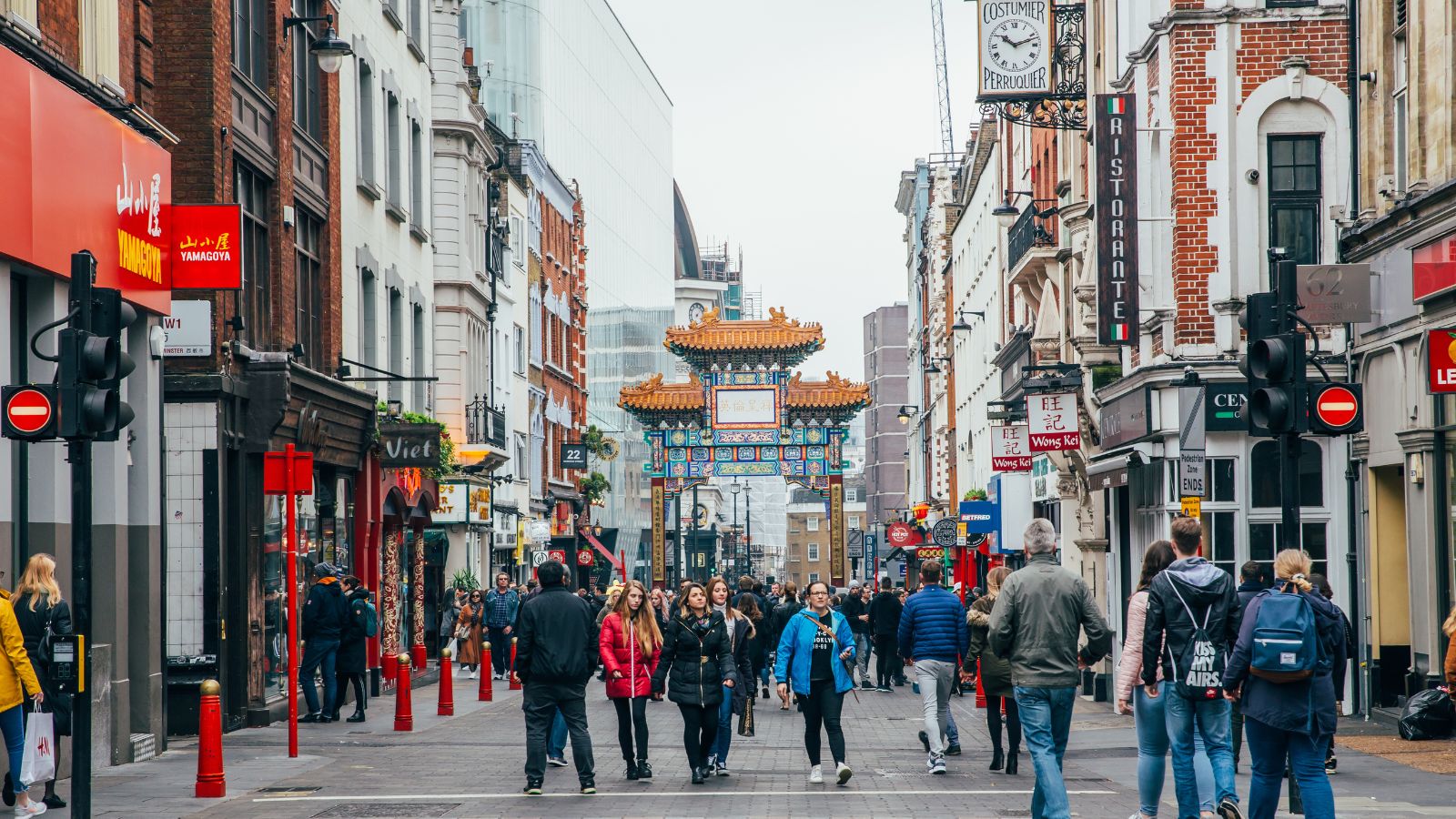Sometimes, British people get a bad rap when they set foot on foreign soil. It’s not always fair, but certain behaviours and attitudes have earned Brits a reputation that can make them less than welcome. Here are 21 reasons why British people might not be everyone’s favourite tourists.
The Boozy Brits

According to the BBC, “drinking because you’re happy, because you’re sad, because there’s a random beer in the fridge,” is all normal for British people who love their pubs, and that passion often follows them on holiday. The problem? When Brits hit the bars abroad, they can get a bit too carried away. The stereotype of the rowdy, drunk Brit on holiday exists for a reason.
Sunburns and Sock Tan Lines

Those from the UK aren’t exactly known for their sun-soaked weather, and when they go abroad, they often get over-excited about soaking up the sun. Unfortunately, this enthusiasm often results in bright red sunburns and ridiculous tan lines, like socks or sunglasses marks.
The Loud Tourist Syndrome

Whether chatting away at the top of their lungs in a restaurant or laughing loudly in public spaces, Brits are notorious for being loud when they’re abroad. This lack of volume control can be seen as rude and inconsiderate by locals who value peace and quiet. The British tendency to shout their way through language barriers doesn’t help either.
The Full English Breakfast Obsession

Many British people expect to find a Full English breakfast wherever they go. This obsession with eggs, bacon, beans, and toast can lead to frustration when travelling to countries that offer different culinary traditions. Insisting on their own food can come across as stubborn and disrespectful to local cuisines.
Complaining About the Weather

Known for their constant commentary on the weather, Brits don’t stop with this when they’re abroad. Complaining about the heat, the humidity, or even the rain when in a different country can be seen as whiny and ungrateful by locals who are used to their own climate.
Queue Jumping Complaints

In the UK, queuing is practically a national sport, and Brits are fiercely protective of the queue. However, in countries where queuing isn’t taken as seriously, British people often find themselves frustrated about perceived queue jumping. This obsession with order can be seen as uptight and culturally insensitive.
Refusal to Learn the Language

While English is widely spoken around the world, British people are often guilty of expecting everyone to speak their language, and this refusal to even attempt basic phrases in the local language can come across as arrogant. It’s no wonder that some locals may find Brits a bit of a hassle to deal with.
Overuse of “Sorry”

The British are famously polite, with “sorry” being one of their most frequently used words. Yet when travelling abroad, this constant apologising can be confusing or even annoying to locals, who may interpret it as insincerity or insecurity. While politeness is generally appreciated, overdoing it can be counterproductive.
The Need for Tea

Many UK locals can’t go a day without a cuppa, and this obsession can become a bit of an issue when they travel. They may find themselves complaining about the lack of proper tea or trying to track down familiar brands. This search for home comfort can make them seem unwilling to embrace new experiences.
Being Overly Sarcastic

British humour is known for its sarcasm, but this doesn’t always translate well abroad. What might be seen as a witty remark in the UK can come across as rude or offensive in other cultures where sarcasm isn’t understood or appreciated.
Fussiness with Food

When Brits travel, they sometimes struggle with unfamiliar foods, and such fussiness can manifest as outright refusal to try local dishes or constant complaints about food that doesn’t meet their expectations. Such behaviour can be perceived as rude and disrespectful to the local cuisine.
Football Fan Antics

Football fans from the United Kingdom have a reputation that precedes them, and not always in a good way. When travelling to watch their favourite teams play, some fans can get rowdy, aggressive, and even destructive, and this behaviour not only tarnishes the image of all British people abroad but also makes them unwelcome in certain cities.
Overpacking with the Union Jack

Brits love to showcase their national pride, often by decking themselves out in Union Jack clothing or carrying Union Jack accessories. While patriotism isn’t inherently a bad thing, this over-the-top display can sometimes be seen as obnoxious. Locals might end up finding it intrusive or disrespectful.
Talking About Brexit

Brexit is a hot topic, and British people often find themselves discussing it while abroad. However, not everyone shares the same enthusiasm for the subject, especially in countries that feel negatively impacted by the UK’s decision to leave the EU. Bringing up Brexit in conversations can lead to awkwardness—or even outright hostility—from locals.
Not Tipping Appropriately

In some countries, tipping is a crucial part of the service industry. People from the UK who aren’t used to tipping large amounts can sometimes be seen as stingy or rude when they fail to tip appropriately. This cultural difference can lead to frustration for service workers and a negative perception of British tourists.
The Stag and Hen Party Invasion

Stag and hen parties have become a rite of passage for many Brits, but when these groups descend on foreign cities, they often bring chaos with them. Loud, drunken behaviour, inappropriate costumes, and a lack of respect for local customs can make these groups highly unwelcome in popular stag and hen destinations.
Ignoring Dress Codes

British tourists sometimes have a habit of ignoring local dress codes, especially in more conservative countries. Whether it’s wearing swimwear away from the beach or dressing too casually for cultural sites, this disregard for local norms can be seen as disrespectful.
Overcrowding Tourist Hotspots

Often flocking to the same popular destinations, there’s no doubt those from the UK love to travel. This can lead to overcrowding in tourist hotspots, where the sheer number of Brits can become overwhelming for locals and other visitors, and the invasion of certain areas by tourists can sometimes lead to resentment from the local population.
Being Overly Cautious

British people tend to be cautious by nature, which can translate into overplanning and reluctance to step outside their comfort zone while travelling. This cautiousness can be seen as a lack of spontaneity or a refusal to fully engage with the local culture, making Brits seem a bit boring or uninterested in truly experiencing new places.
The Resort Bubble

Many choose to stay in all-inclusive resorts when they travel, rarely venturing outside the safety and comfort of the resort’s confines. This can lead to a lack of interaction with the local culture. There’s a missed opportunity to learn and grow from the travel experience, and locals might view these tourists as uninterested.
Overusing British Slang

Lastly, British slang can be confusing even for other English speakers, but when Brits use it abroad, it can create a communication barrier. Phrases that are common in the UK might not be understood or appreciated by locals, leading to frustration and a sense of alienation.







